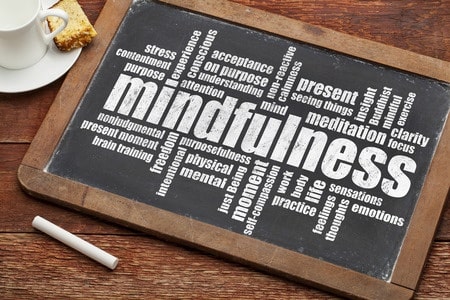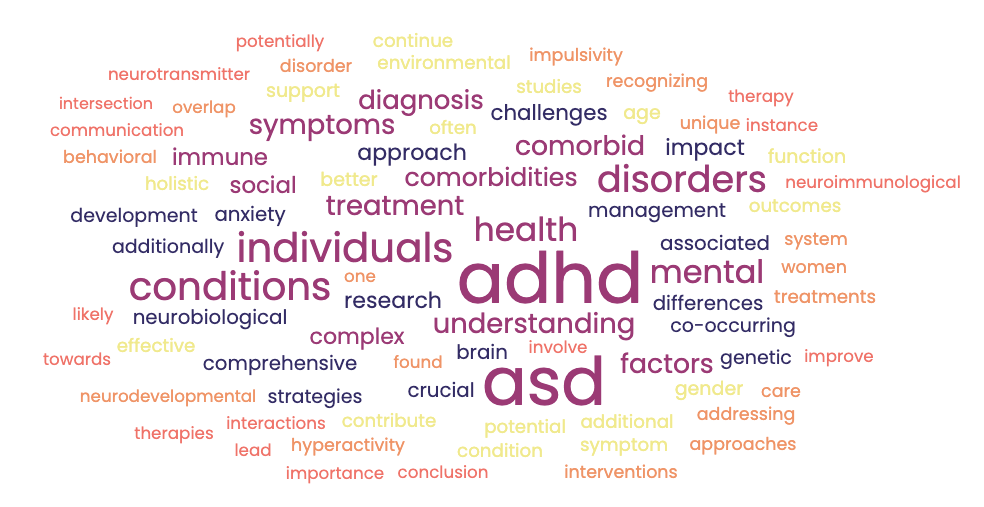In my practice, I often bring up concepts from mindfulness practice in sessions with cancer patients. The question for some is why? What is the reason that mindfulness courses are found in so many cancer centers? The simple answer is that mindfulness practice helps patients with cancer cope more effectively.
In fact, mindfulness has been found to:
-
reduce psychological symptoms including anxiety, stress and mood symptoms (Ledesma & Kumano, 2009; Shennan, Payne & Fenlon, 2011)
-
reduce cancer-related fatigue and sleep disturbances (Ledesma & Kumano, 2009).
-
decrease reactivity to and increase tolerance of strong emotions (Bonadonna, 2000; Ledesma & Kumano, 2009).
-
improve immune function (Shennan, Payne & Fenlon, 2011)
-
decrease cytokine production, which is an inflammatory chemical released in the body that is associated with stress (Shennan, Payne & Fenlon, 2011)
-
improve sexual functioning (Shennan, Payne & Fenlon, 2011)
-
help the partners of cancer patients who are coping with their own stress (Birnie, Garland & Carlson, 2010)
-
improve the quality of life for cancer patients who have reported that they (Bonadonna, 2000; Ledesma & Kumano, 2009; Young, 2002):
-
have a greater appreciation for the meaningfulness of life
-
are more open to new experiences
-
feel a decrease in their vulnerability to stress
-
are better able to accept and deal with negative aspects of themselves and others
-
So, how do you create these changes through mindfulness? Well, it starts by doing activities that allow you to be more aware of what is happening from moment to moment. Mindfulness can be practiced in formal ways through meditation and yoga exercises. These activities require that you set aside time each day to practice being present in the moment. The links below provides an introduction to mindful breathing as well as other formal practices. Informal practices are those that you incorporate into your daily activities in order to cultivate mindfulness. The links below will take you to previous posts written by our center on two informal practices that you can use daily.
Formal Practices
Click the audio recording below to listen to a short exercise that can help you to take notice of your breathing.
You will find additional exercises if you click the link below:
Informal Practices
STOP is a technique that you can use at anytime to take a moment to be more mindful. Click the link below to view a blog that I have written about how to use this technique.
Driving is a great daily activity that can be used to cultivate mindfulness. Click here for a blog written by my colleague, Dr. Angela Williams, about this new approach to commuting.
I sincerely hope that you have found this post helpful. Please look for more upcoming blogs in this series on mindfulness and cancer both on our website at www.rowancenterla.com and on our Facebook page at www.facebook.com/rowancenterla.








